 :: the topic for this week’s Friday 5 comes from my colleague (and former United States Ambassador to Singapore, 2001 – 05) Frank Lavin, based in Edelman’s Hong Kong office. Thanks Frank. If any readers have any ideas for future Friday 5s, please send through.
:: the topic for this week’s Friday 5 comes from my colleague (and former United States Ambassador to Singapore, 2001 – 05) Frank Lavin, based in Edelman’s Hong Kong office. Thanks Frank. If any readers have any ideas for future Friday 5s, please send through.
Due to China’s digital censorship regime (playfully known as the “Net Nanny”), politics can sometimes be tricky to talk about on the Chinese Internet. On websites affiliated with Chinese state-run / owned media organizations, conversation can carry on freely within the boundaries the sites have set up for themselves, but on more independent venues, Chinese netizens often have to resort to typographical tricks or character substitutions to mention people, places, and events whose names may be deemed “sensitive words” by the Net Nanny. In general, politics as a specific topic is fairly niche – online audiences are just not that interested. However, Daqi’s rankings list for politics forums (时政论坛排行) includes fourteen items. Expanding the view to rankings for “government” forums (政府论坛排行) extends the list to four pages and includes BBS discussion forums on topics such as anti-corruption, rule of law, policy, agricultural reform, and civic society. Below is a snapshot of the political / government landscape online in China – the places Chinese netizens go to converse / argue over politics, government affairs, and political figures.
general politics ::
Beijing’s Utopia BBS discussion forum may be the most well-known forum for debate about domestic and international issues. It tends to slant leftward, and has a special section for Mao Zedong. Leading special topics on Utopia currently include an ongoing critique of neoliberalism and articles on Lu Chuan’s Nanjing Massacre movie City of Life and Death. Marxist Review is a Beijing-based current events forum with an ostensibly Marxist slant. Recent topics include multi-party government, bureaucratic socialism, and democracy in the hands of revolutionary masses vs. the right. School of Athens is a academically-flavored community that slants in a liberal direction, particularly after absorbing many of the members of the liberal Fatianxia law commentary site following its harmonization in December, 2008 (and in fact, many pages on School of Athens imply that it actually is the successor to Fatianxia). Discussion involves the rule of law and civic society. A recent post that reposted an essay on freedom of speech by author Lin Da’s drew a comment thread in which netizens felt that Zhongnanhai (China’s White House) could learn something from it.
domestic politics ::
The forums at China.com are known for their nationalist leanings (they were at the forefront of the great Universal Values flamewar in 2008. The “Peace Forum” (和平论坛) sub-board has hundreds of pages worth of posts, most of them dealing with cross-straits Taiwan / Mainland China reunification. Conversations include “Taiwan still calls us Communist bandits,” dealing with a Taiwanese TV program’s interview with a guest who said his father beat him like a “Communist bandit.” More recently, a May conversation discussed the short-sightedness of people who live in Taiwan, or more plainly, “Taiwan vs. China.” Caogen (草根), a blog host whose name means “grass-roots,” appears to lean left, and is home to sober commentary from noted public intellectuals like Li Changping (李昌平) and Ye Tan (叶檀), as well as other, more radical ideas. The site’s top-ranked blogger at the moment is Song Hongbing (宋鸿兵), author of the conspiracy-minded The Currency Wars, and other bloggers go off in even more unusual directions. A gem from April: “China should accept Mongolia’s request to return to the motherland” (中国应同意蒙古的回归请求) by Xu Zhaokang, who works in the Dongguan Municipal Copyright Bureau. Site-wide, top-ranked articles mostly have to do with assigning blame for the financial crisis and wondering whether the U.S. will collapse as a result. Young China features a May 4 tableau on its splash page alongside the slogan “embody the power of young China,” and continues the May 4 theme with an About-page image of students carrying a “Hello Mr. Democracy” sign on May 4, 1989. The main site is set up as a blog, but there’s also a nascent social networking site and an associated Marxist wikipedia. It’s hosted overseas, and it looks to be the work of one dedicated politics hound, but it’s still represents a political presence on mainland China’s Internet space.
international politics ::
The Chinese Foreign Ministry hosts a foreign affairs BBS discussion forum that dates back to November, 2001 (and still uses the clunky BBS software of that era). Although the last web-chat between a foreign ministry official took place in October 2008, the general interest board is still fairly active, drawing dozens of comments daily. According to the BBS’s information page, it’s only supposed to be open on weekdays between the hours of 10am and 5pm, but many comments are time-stamped outside those times. Newslist.com.cn has an International Affairs BBS discussion forum. Featured forums are aimed at students seeking to test into masters or PhD programs in international affairs, but the bulk of the site’s activity takes place in the Politics Talk forum, whose subject matter spans the globe. The Internet is home to specialized forums devoted to more specific topics in international affairs, such as China’s disputed territory and its relationship with Japan. China Non-Governmental Alliance to Protect the Diaoyu Islands (中国民间保钓联合会) has a BBS discussion forum that has sub-sections for the islands themselves, maritime rights, Sino-Japanese relations, and other related diplomatic and military topics. The China Non-Governmental Alliance to Seek Reparations from Japan has a similar set-up. A lot of discussion on these topics takes place on more general forums; traffic at these smaller websites seems to pick up when major events occur on the world stage.
local government ::
For local politics there are BBS discussion forums attached to the local Chinese government where citizens can voice their thoughts, such as the forum for locals in Nantong (南通) in Jiangsu province. That site has a section for local political affairs, which is split into three sub-sections: consultations, policy suggestions, and web-chats. Policy suggestions range from “ordinary people only want small things,” a complaint about bad traffic on a certain road to a direct appeal to the city mayor, Ding Dawei, about a chengguan (official urban control officers / thugs) without an official registration number who beat up a woman: “Who is beating up the people?” Although many local governments have set up websites, the level of political involvement differs. The city of Baoying has a government website that includes a citizens’ BBS discussion forum which claims 26,965 members, but unlike the previous government site, policy tends to be drowned out by everyday life. Of the more political-oriented conversations, “Responding to a problem” discussed road congestion partly caused by offices belonging to public security and the judiciary. As for government officials themselves, college-educated rural civil servants have a number of BBS discussion forums targeted specifically at people in their position. College Rural Official Forum features discussion boards where they can exchange information about rural governance, improve their skills, and learn the finer techniques of drawing up official documents. Politics-wise, there’s a discussion forum for current events that mostly seems to be concerned with the economic impact of college students choosing to take jobs as rural civil servants.
political personalities ::
Up until this Wednesday, the place to go to satisfy your passion for the PRC President and Communist Party / Military Commission Chairman Hu Jintao and PRC Premier Wen Jiabao was We All Love Hu and Wen (我们都爱胡总温总). On this website, fans could share stories, images, movie clips, and tributes to the beloved Chinese leaders. However, as of 5:17pm June 10, the site’s BBS discussion forum has been “suspended,” with the explanation: “The People Talk sub-board has been deleted.” People Talk was a place for fans of Hu and Wen to talk about their favorite domestic and international leaders. China’s strict rules protecting the image of domestic and world leaders had previously led the website to plead with users not to use photos of leaders in signatures or as avatars. Baidu has a Postbar devoted to the Wen Jiabao fan club, but posting is restricted to members (who number 30), and the last comment was submitted in July 2008. World leaders are a sensitive subject, too. Take U.S. President Barack Obama for example. He has his own forum on Baidu’s Postbar, but updates slowed after his election and ceased entirely after he took office in January. The forum notes that “because of relevant laws and policies,” only members (of whom there are 23) are allowed to post. Obama’s lucky — his forum still has 6,808 posts available for perusal. Ex-president Bush has no Postbar at all, only an apologetic “Sorry, the forum is temporarily unavailable based on relevant laws and policies.”
News link: A feature article posted to the Global Times website last night reported on the shutdown of unofficial fan club websites for national leaders.
[Friday 5 is the product of my work at Edelman Digital (China). Link here for the full Friday 5 archive. If you'd like to be added to the bilingual (English & Chinese) Friday 5 email distribution list, please send me an email at: adam DOT schokora AT edelman DOT com.]








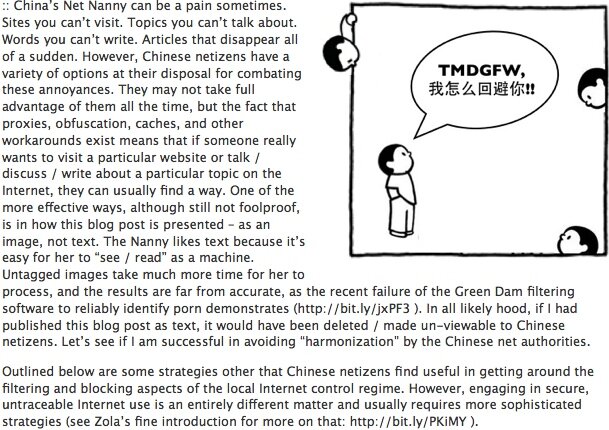
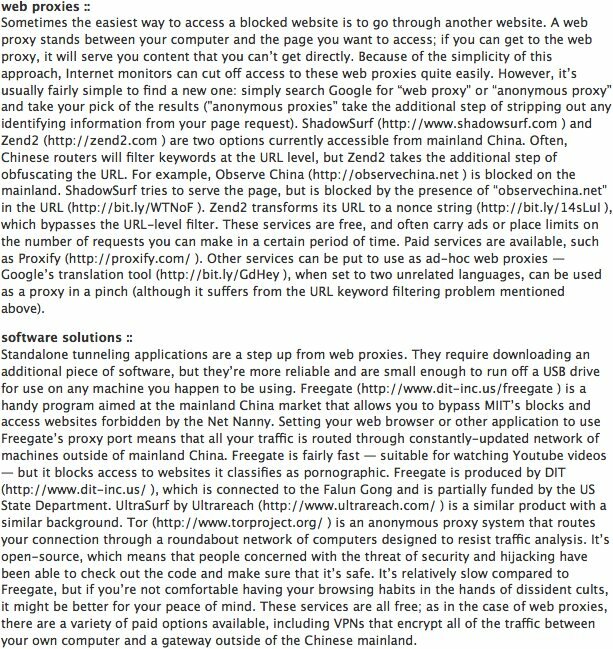
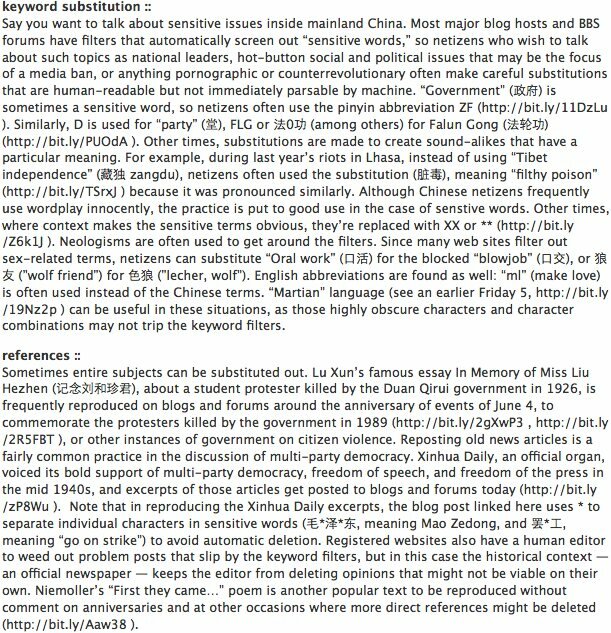

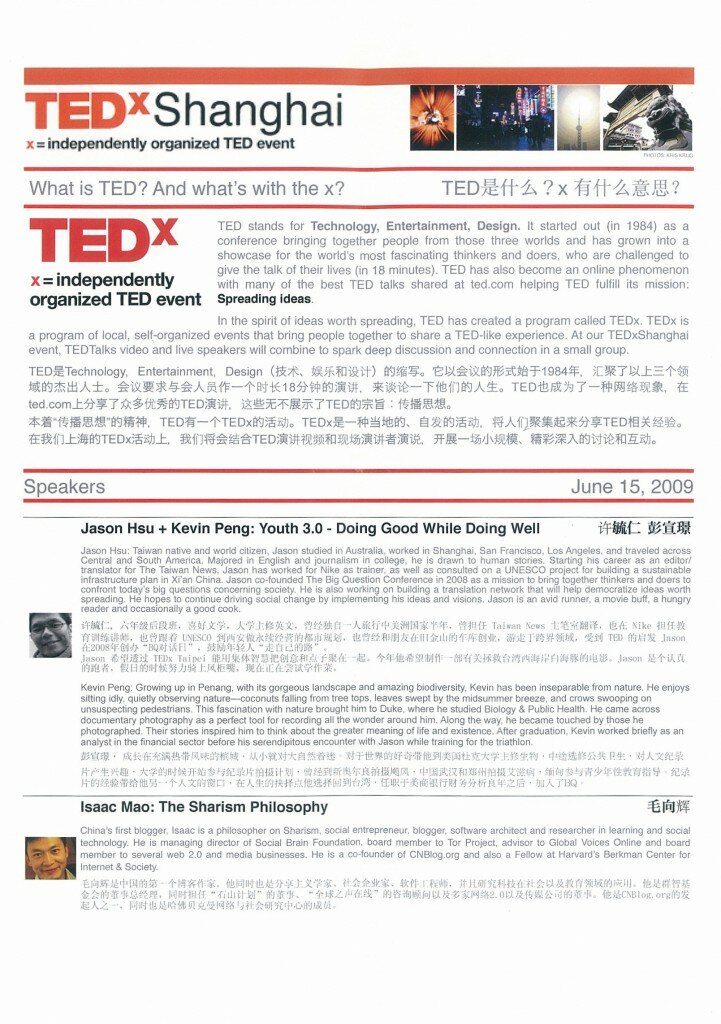
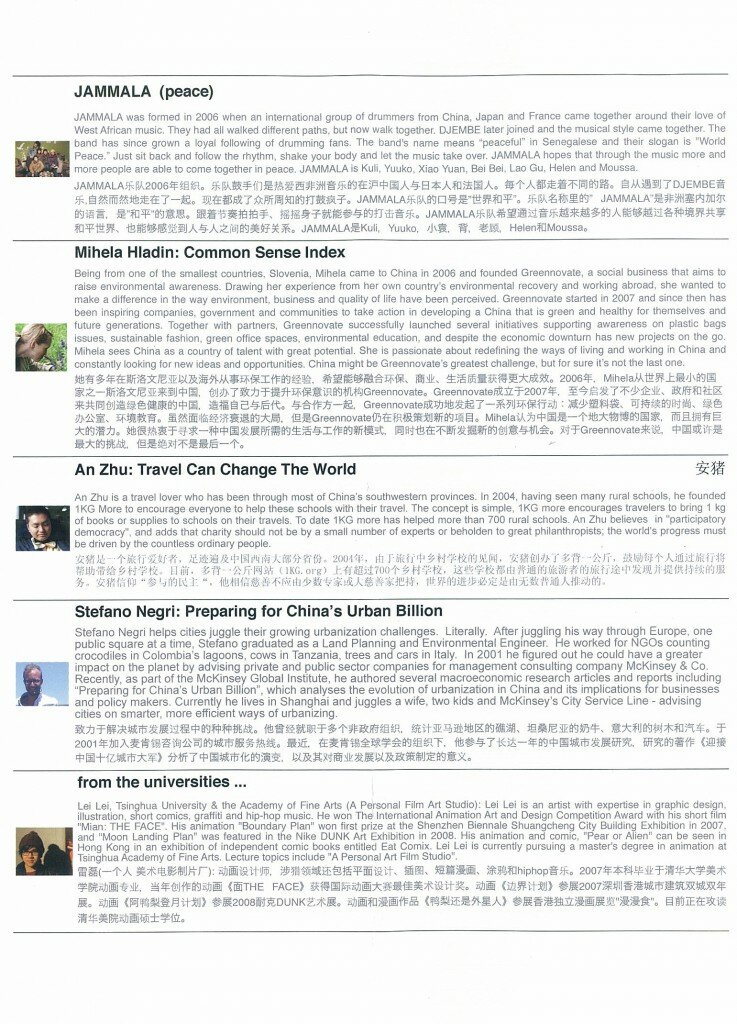
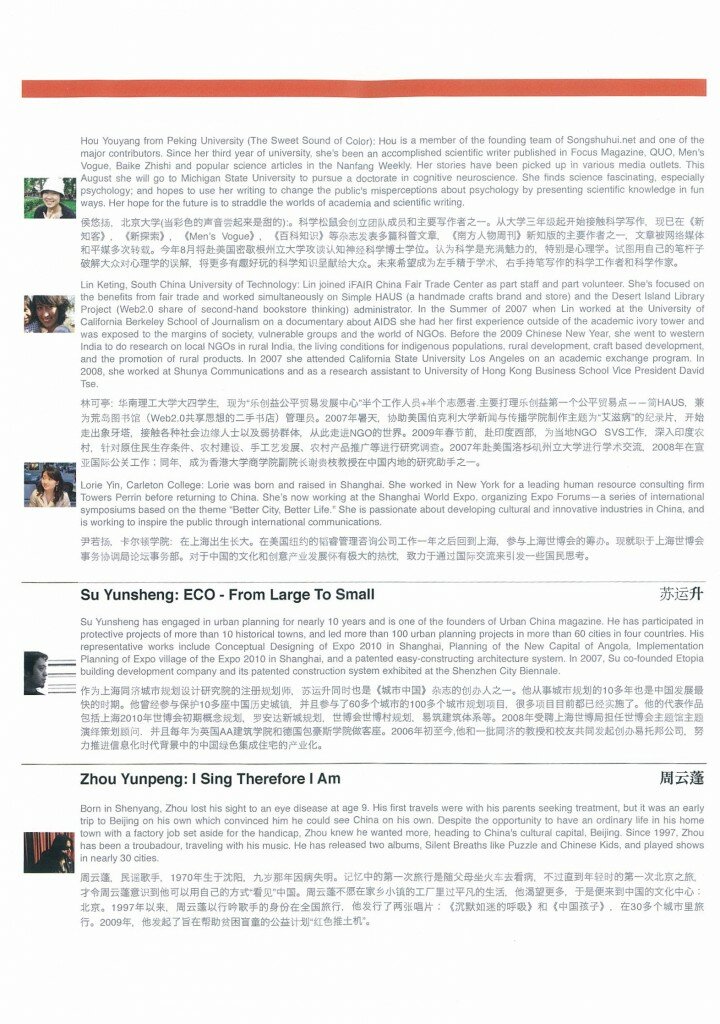
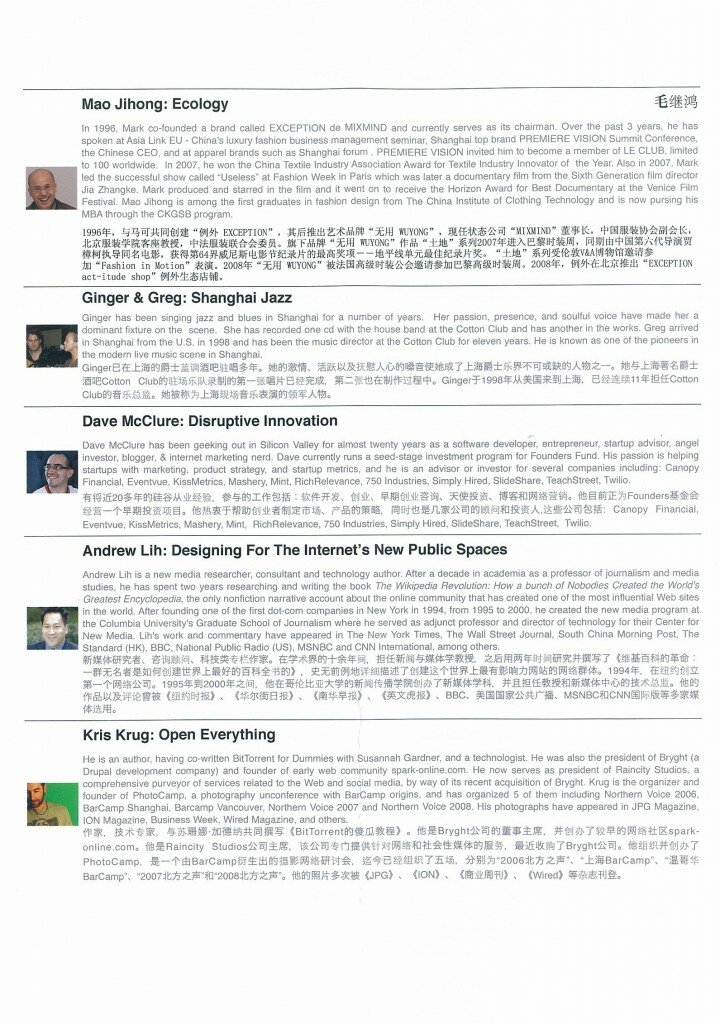




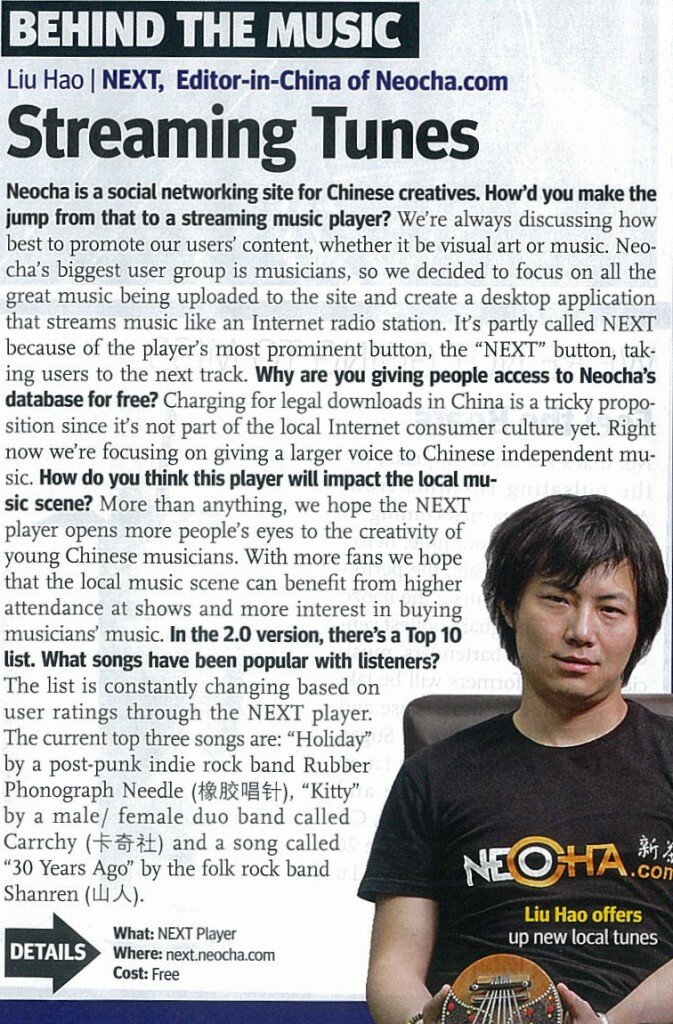
 :: the topic for this week’s Friday 5 comes from my colleague (and former United States Ambassador to Singapore, 2001 – 05) Frank Lavin, based in Edelman’s Hong Kong office. Thanks Frank. If any readers have any ideas for future Friday 5s, please send through.
:: the topic for this week’s Friday 5 comes from my colleague (and former United States Ambassador to Singapore, 2001 – 05) Frank Lavin, based in Edelman’s Hong Kong office. Thanks Frank. If any readers have any ideas for future Friday 5s, please send through.









































